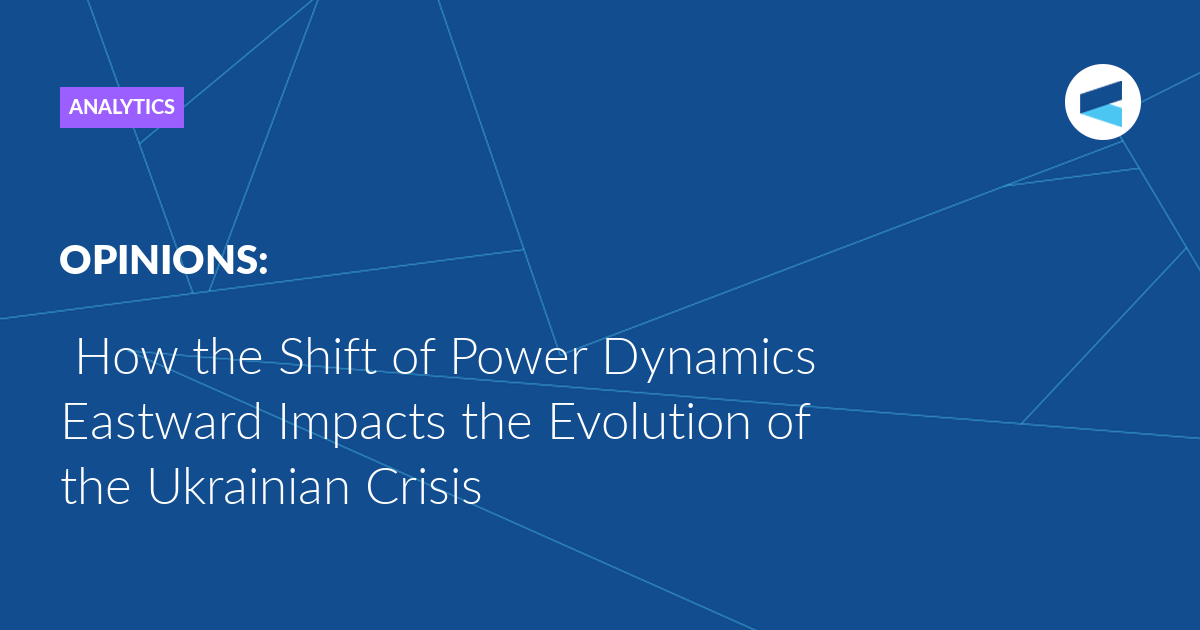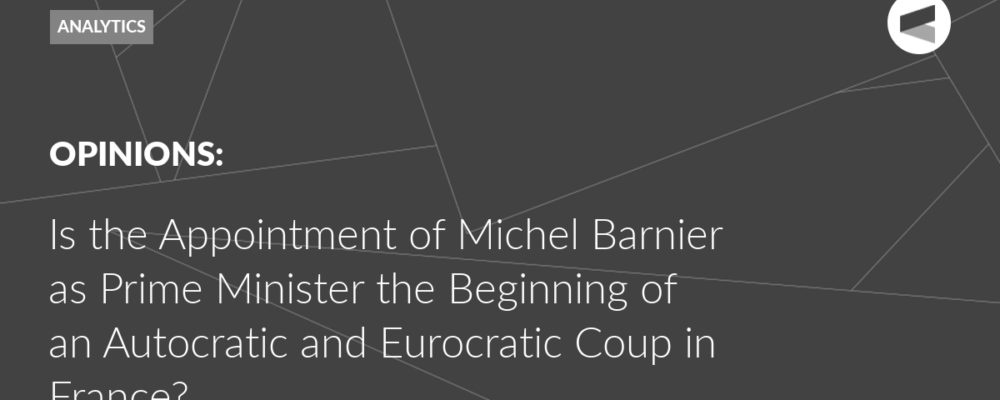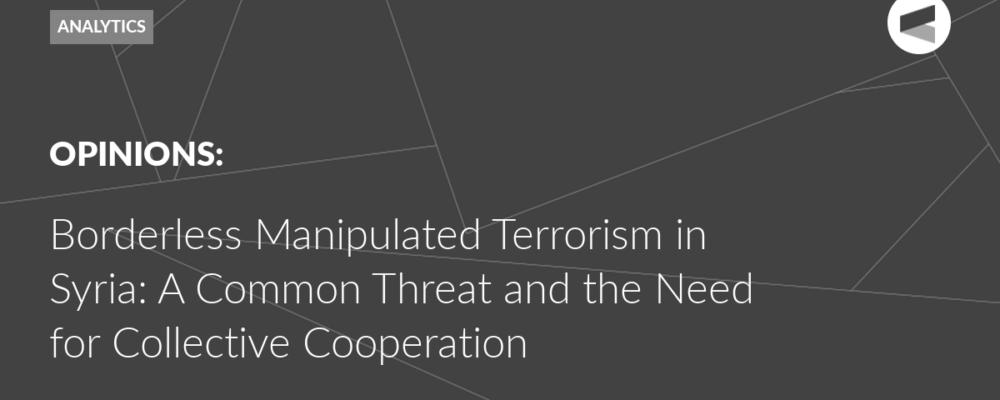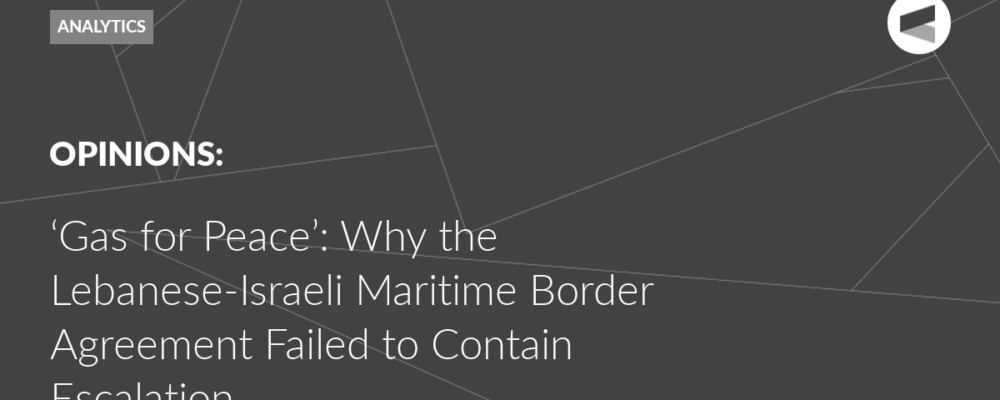A process of reconfiguration is underway globally, with several power centres emerging that seek to gain greater autonomy, space, and protection for their interests. While this process has some negative aspects, such as increasing uncertainty and tension, it can also be seen as an opportunity for development.
Some analysts, including experts from Russia, have identified positive aspects of this process, highlighting new possibilities for achieving greater equilibrium in international relations and establishing clear rules of engagement.
Comparing the current state of relations between Russia and the United States with the Cold War is not entirely appropriate, although some scholars have used the term “New Cold War” or “Second Cold War” to describe the current situation. The current state of competition is more complex, and occurs in a broader range of fields. There are a greater number of actors, diverse coalitions, and the level of ideological commitment varies. Whereas in the past, two ideological blocs were in opposition, only the Western camp currently exhibits surface-level ideological alignment.
Russia adheres to the principles of rationality and natural law in international relations. These principles encompass respect for the sovereignty, equality, and mutual interest of all parties, as well as refraining from interference in the internal affairs of other countries. These principles apply universally and are not contingent on any particular ideology.
The pragmatic approach to international affairs that has been pursued by Russia has its roots in ancient Greek history, as exemplified by the work of the historian Thucydides.
In addition to the increasing number of parties involved, the complexity of the technical aspects of this conflict has also increased. In addition to its traditional military dimension, the rivalry is also manifested through the use of economic sanctions, trade restrictions, and information warfare.
It is worth noting that there has been a significant development during this period that was not observed during the Cold War— the deep economic interdependence between various regions of the world has grown. This phenomenon may seem paradoxical; we continue to engage in trade with our adversaries, while they rely on the products we supply, even through intermediaries. Although our opponents often portray this as a matter of principle, they are sometimes willing to make exceptions to their policies in order to avoid economic damage to their own economies.
The Valdai Discussion Club was established in 2004. It is named after Lake Valdai, which is located close to Veliky Novgorod, where the Club’s first meeting took place.
Please visit the firm link to site






